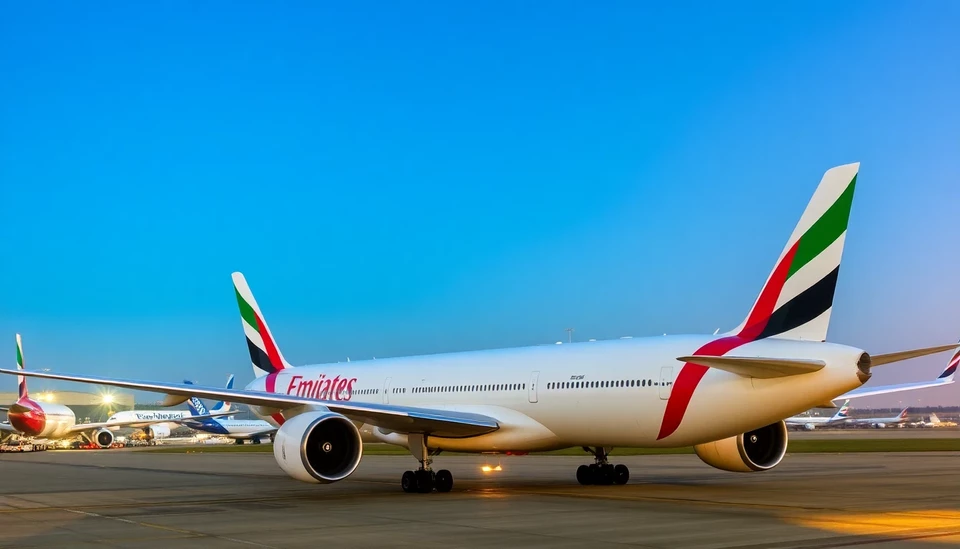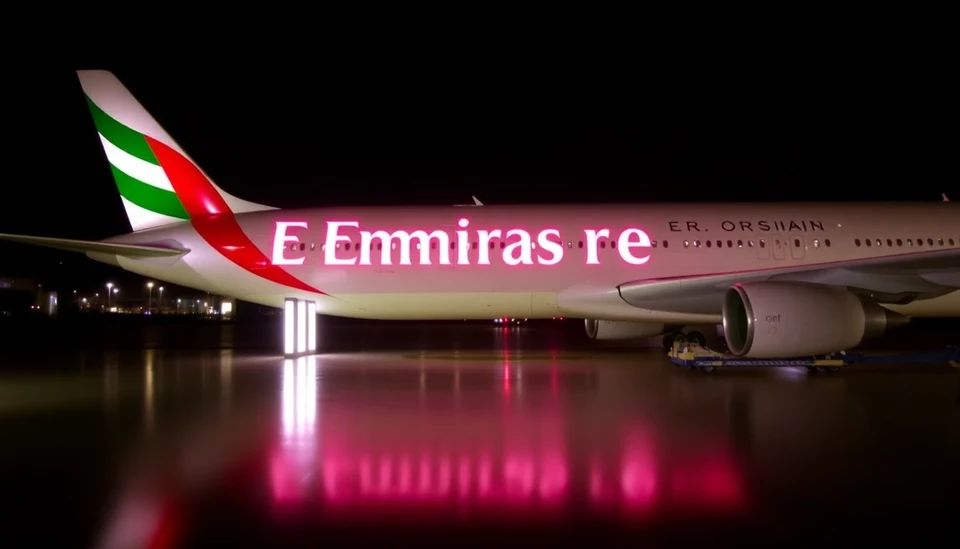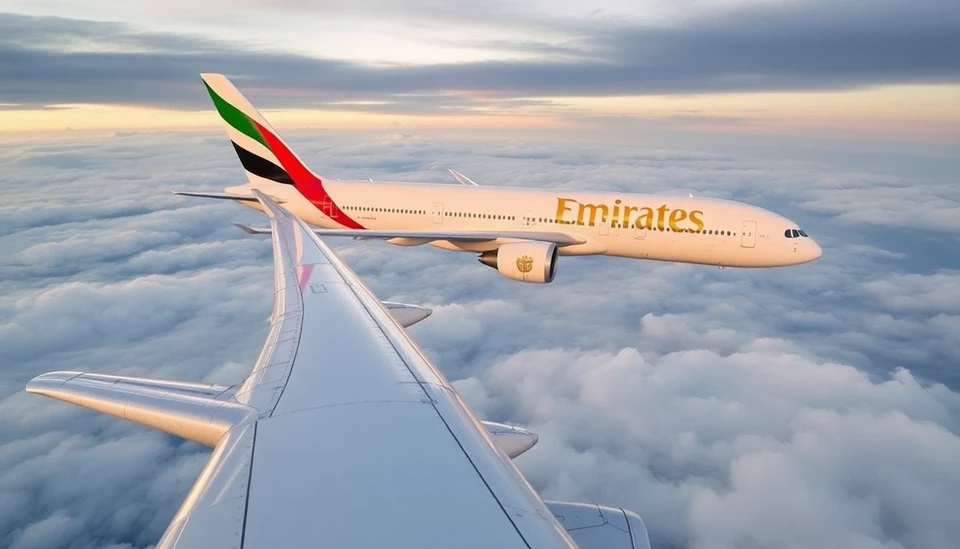
Emirates Airlines has expressed significant frustration over the ongoing delays in the delivery of Boeing's much-anticipated 777X aircraft. The airline's top executives have not held back in sharing their concerns, emphasizing how these setbacks are stifling growth plans and affecting their operational capabilities.
Originally slated for delivery in June 2020, the 777X program has faced numerous challenges, primarily due to issues related to its engines. The latest projections indicate that the aircraft will not be delivered to Emirates until the summer of 2025 at the earliest. This delay comes as a considerable disappointment to the airline, which has high hopes for the advanced features and improved fuel efficiency that the 777X is designed to offer.
Tim Clark, the President of Emirates Airlines, has been particularly vocal about the situation. He described the situation as "unacceptable," noting that the delays are not only hampering growth forecasts but may also lead Emirates to reconsider its strategy if the problems persist. The airline had planned to integrate the 777X into its fleet to support the anticipated post-pandemic surge in travel demand, but with the timeline pushed back, those plans may need to be reassessed.
Additionally, Clark has pointed out that the dependence on Boeing successors for their growth strategy might need reevaluation. As Embraer and Airbus are presenting reliable alternatives, he hinted that if the delays continue without resolution, Emirates might explore different options for fleet expansion. This shift in perspective is concerning for Boeing, which has already struggled with a series of disappointing developments surrounding its 737 Max and 787 Dreamliner programs.
The situation has been compounded by a growing frustration within the airline community. Other airlines, which also have 777X orders pending, have started voicing similar concerns, leading to mounting pressure on Boeing to rectify the delivery woes. The 777X was intended to enhance capacity and efficiency, serving as a cornerstone of growth strategies for both Emirates and other carriers worldwide.
Boeing's response to these delays has been measured, with the company acknowledging the difficulties but also highlighting ongoing efforts to address the issues that have caused the holdups. According to company spokespersons, they are committed to delivering a product that meets the standards expected by their clients and that they are working diligently to rectify the situation as quickly as possible.
Looking ahead, Clark remains optimistic about the recovery of global air travel post-pandemic. He firmly believes that once operational challenges are overcome, the 777X will play a pivotal role in modernizing their fleet. However, the timeline of 2025 still looms large as a significant gap that Emirates, and indeed the aviation industry, would prefer to see closed sooner rather than later.
In conclusion, the ongoing saga of Boeing's 777X delays highlights the broader challenges within the aviation sector, where dependability and timely deliveries are crucial for the recovery and growth of airlines globally. As the stakes continue to rise, all eyes remain on Boeing to fulfill its commitments and for Emirates to navigate its future successfully.
#Emirates #Boeing #777X #AviationIndustry #AirlineGrowth #AircraftDelivery #TravelDemand #TimClark
Author: Samuel Brooks



